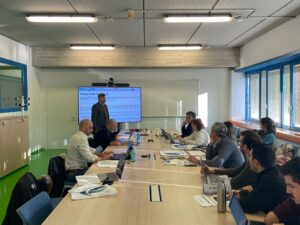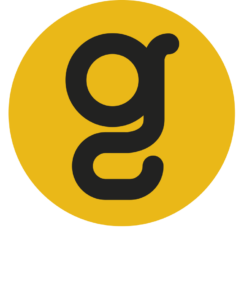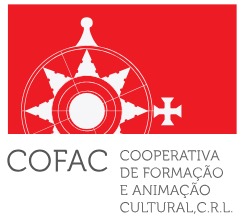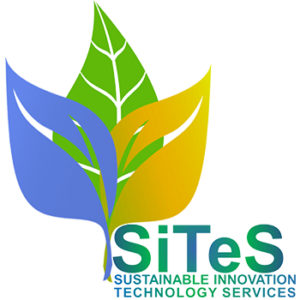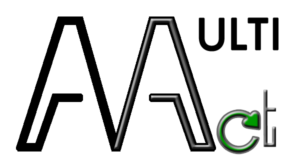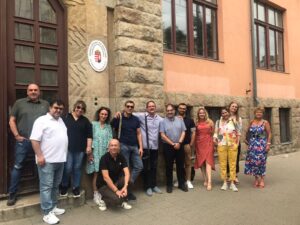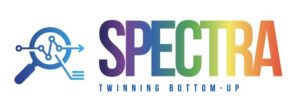WATERLINE Project
WATERLINE aims to create a European Digital Water Higher Education Institution (HEI)Alliance, based on the quadruple helix model of innovation, leading to the development of the Alliance’s research, educational and entrepreneurship capacities. This shall leverage the individual, institutional and regional resources required for a transformative structural and sustainable learning and innovation environment.
To achieve this, WATERLINE has five specific objectives:
(1)support consolidation of the Alliance by co-creating a common governance framework, and a Research & Innovation (R&I) capacity building plan;
(2) co-create a portfolio of water components for Master level and transform emulative laboratories in partner Widening HEIs into assisted and virtual reality. These structural changes will lead to transformed and more competitive R&I HEIs;
(3) strengthen WATERLINE researchers’ R&I capacity excellence by implementing activities, such as summer schools to enhance education and R&I skills, and proposal writing workshop;
(4) build a European network of academics/researchers who, together with quadruple helix actors, will allow knowledge flow in water domains and extended reality technologies. This allows greater involvement of regional actors in the R&I process and enhances one of the major societal challenges: water-related education. Moreover, it will strengthen academic and business links through academia-to-business meetings and a hackathon to mainstream entrepreneurship mindsets. WATERLINE will, finally,
(5) sustain the alliance by,
(i) establishing ambassador networks,
(ii) identifying the R&I funding landscape, thus increasing participation in HE and the mobilisation of resources in the watersphere, and
(iii) creating synergies with EU initiatives, institutions, other projects and networks.
SITES’ role in WATERLINE
WATERLINE is Horizon Europe project receives funding from the European Union’s Horizon Europe HORIZON-WIDERA-2021-ACCESS-05 under grant agreement No 101071306 for 36 months.
Starting Date: 01/10/22
End Date: 30/09/25
Budget: 1.75 Meuro
project News
-
SITES Contributes to Waves of Change 2023 for a Water-Wise World
-
Research Project Proposal Training by Leonardo Piccinetti at Waterline Seminar
- Successful WATERLINE Innovation Summer School Empowers European Water Sector
- Announcing the September 2023 Edition of ‘Waterline’ Newsletter and SITE’s Remarkable Contribution
Share this with a friend

Other Projects

Overview
FREECOVER is a cutting-edge research initiative funded under the Horizon Europe MSCA Staff Exchanges program (Grant Agreement :101182579). Running from January 1, 2025, to December 31, 2028, the project brings together academic and industrial partners across Europe and beyond to address one of the most pressing challenges of our time: the sustainable recycling of Rare Earth Elements (REEs).
REEs are critical for green technologies such as renewable energy systems and electric mobility. However, their supply faces significant risks due to limited natural resources and high environmental costs associated with traditional extraction methods. FREECOVER aims to develop an eco-friendly, innovative hydrometallurgical process to recover REEs from metallic waste, contributing to a circular economy and a sustainable future.
Objectives
FREECOVER’s mission is to revolutionize the recycling of REEs by achieving the following objectives:
- Sustainability: Develop a green recycling process using natural, eco-friendly materials.
- Circular Economy: Strengthen the REE supply chain by creating closed-loop recycling systems.
- Innovation: Demonstrate the effectiveness of novel materials, such as ionic liquids and natural polymers, in REE recovery.
- Knowledge Exchange: Foster interdisciplinary and cross-sectoral collaboration through international secondments and training activities.
Key Innovations
- Eco-Friendly Processes: Utilize natural acids and low-cost minerals to extract and separate REEs with minimal environmental impact.
- Advanced Materials: Develop polymeric membranes supported by ionic liquids for efficient REE separation.
- Water Recycling: Implement closed-loop water systems to reduce waste and enhance sustainability.
- Catalyst Development: Transform metal-loaded adsorbents into catalysts for wastewater treatment, creating additional value streams.
Consortium
The FREECOVER consortium consists of 10 partners, including leading universities, research institutions, and companies from Europe and Cuba. These partners collaborate to bridge the gap between academic research and industrial application, ensuring real-world impact.
Impact
FREECOVER will:
- Provide sustainable solutions to critical raw material shortages.
- Enhance Europe’s competitiveness in green technologies.
- Reduce the environmental footprint of REE extraction and recycling.
- Promote global collaboration and knowledge sharing in sustainable innovation.
SITES’ Role in FREECOVER
As a key partner, SITES leads Work Package 5 (WP5): Communication and Dissemination. Our responsibilities include:
- Developing the project’s Communication, Dissemination, and Exploitation (C&D&E) strategy.
- Managing the project website and social media platforms.
- Organizing training events, Science Cafés, and outreach activities to engage stakeholders and promote FREECOVER’s objectives.
FREECOVER KICK-OFF MEETING
ON 16th January 2025, at the University of Udine, the Polytechnic Department of Engineering and Architecture hosted the kickoff meeting of the highly anticipated interdisciplinary project FREECOVER at the “Rizzi” Campus. The event saw the participation of SITES, represented by Alessandro Tiraborelli, alongside other key stakeholders and experts contributing to this groundbreaking initiative.
Stay Updated
Follow FREECOVER’s journey toward sustainable innovation:
- Website
- Social Media
Together, we’re building a sustainable future by redefining REE recycling.
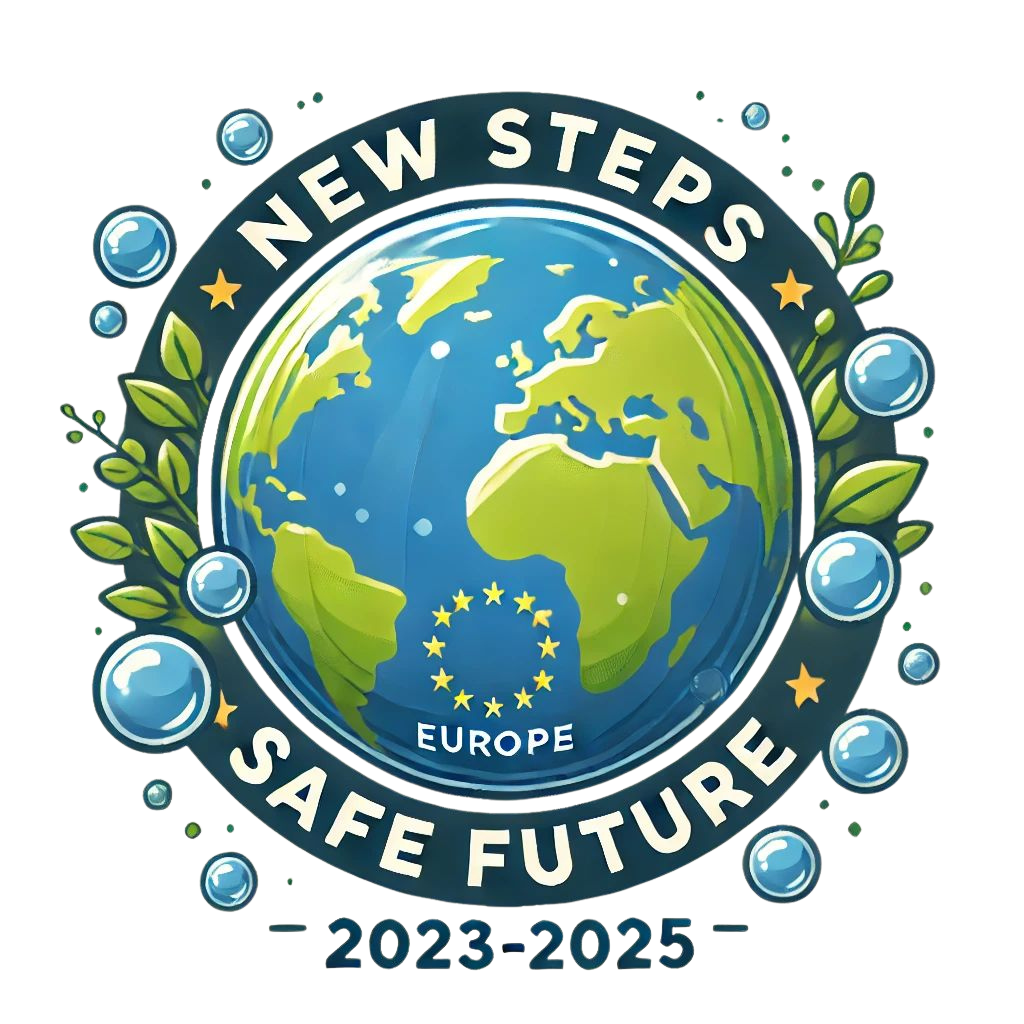
New Steps Safe Future
Project partners
- CIFP Hosteleria LHII (Spain)
- Multi-Act STD (Türkiye)
- Rödabergsskolan (Sweden)
New Steps Safe Future aims to contribute to reducing the carbon footprint to fight against climate change. We aim to support the development of teachers, school leaders, and teaching professions with activities planned according to the STEAM approach. We want to provide students with STEM skills that are scientifically based, based on inquiry and collaboration, and emphasize process evaluation.
At the end of the New Steps Safe Future project, a data guide, module guide, web portal, mobile application, and policy guide will be produced with activities aimed at the goals and objectives of the project. With these results, teachers, school leaders, teaching professionals, and students will gain STEM skills to fight against climate change and reduce the carbon footprint at European, national, and local levels. 168 teachers and 120 students will be involved in project activities, and 247 students in multiplier events.
The New Steps Safe Future project wants to carry out activities to reduce the carbon footprint of our students in order to fight against climate change. The project objectives, activities, and intellectual outputs are planned to fight against climate change and reduce carbon footprint, which are the priorities of the Erasmus+ program, and to increase interest in the environment, science, technology, engineering, and mathematics (STEM) skills and the STEAM approach, to support teachers, school leaders, and teaching professionals. We want to realize the project at the school level together with our partners by receiving funding support for the project. By creating our activities with the STEAM approach, we aim to provide teachers and students with scientific thinking-based, inquiry-based, problem-solving skills, collaborative, interdisciplinary learning, contextual learning, and process evaluation skills. These skills will equip teachers and students with competencies to fight against climate change.
The New Steps Safe Future project target groups are students aged 13-18, teachers, school leaders, and professions in education and training. Other target groups include municipal officials, government officials, university professors, young people, families, the public, digital/environmental entrepreneurs and employees, experts, and representatives in sectors such as agriculture, food, industry, transportation, and energy. Within our partnership structure, PT (University) consists of university employees, IE (SME) consists of professional experts, TR (NGO) consists of teachers and students between the ages of 14-20, HU (School) consists of students between the ages of 14-18, ES (School) consists of students between the ages of 14-18, and SE (School) consists of students between the ages of 13-17. Our aim is to leave an impact on climate change and education, as well as on relevant families, businesses, energy, transportation, industry, and agriculture sector representatives, start-ups, universities, municipalities, and youth centers at local, national, and European levels.
The goals of the New Steps Safe Future project are to carry out activities to fight against climate change and produce a data guide, module guide, web portal, mobile application, and policy guide. Within the scope of the partnership and beyond, dissemination activities at local, national, and European levels and activities to expand the impact of the project results will be carried out.
New Steps Safe Future Project Kickoff Meeting
The kickoff meeting took place on 2nd and 4th June 2024 in Budapest. The Project Start Date was 01/01/2024. The Project total Duration is 24 Months. The Project End Date is 31/12/2025.
SITES’ Role in the Project
The main roles of the SITES company in the New Steps Safe Future project are developing a mobile application, which will include the modules produced under the leadership of IE and with the support of other partners. Four people from each partner will be involved in the development of the modules. They will invite stakeholders of the project to LTTA at the local/regional level, arrange climate change events for the local community, send project result reports via email to stakeholders' contact persons, share on the official website, and prepare and manage the risk management plan.
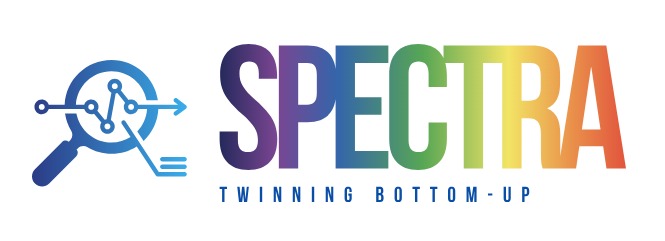
SPECTRA
The SPECTRA project aims to enhance the research and innovation (R&I) capabilities of AUTH in Greece, focusing on Water Quality and Food Safety, Quality & Traceability (WQ&FSAT) to address climate change-related challenges. By combining research, training, and collaboration, SPECTRA will boost scientific excellence, facilitate knowledge transfer, and improve networking both locally and internationally within the European Research Area (ERA). The project seeks to strengthen AUTH’s scientific standing, support the development of skilled researchers, and promote industry-academia partnerships. Expected outcomes include enhanced water quality and food safety, increased consumer confidence in Greek food products, support for monitoring and decision-making, and economic benefits for regional businesses through innovation, new product development, and job creation.
SITES Role
SITES plays a pivotal role in SPECTRA, bringing private-sector expertise in innovation consultancy, eco-innovation strategies, and sustainable development trends. Their contributions include high-level strategic market research, monitoring and evaluation, and strategic planning, ensuring that project outcomes are economically viable and widely applicable. Leading the economic component (WP6), SITES focuses on communicating and exploiting outputs from case studies, managing outreach, and promoting responsible research and innovation (RRI), open science practices, and gender inclusivity. This multifaceted role supports the effective dissemination, commercialization, and long-term impact of SPECTRA’s research innovations.

